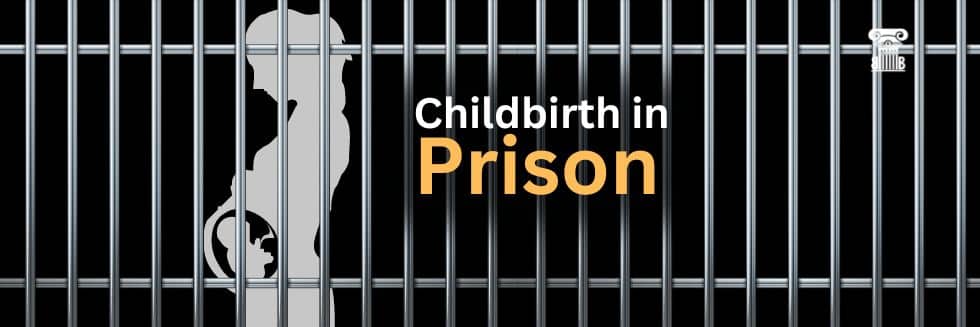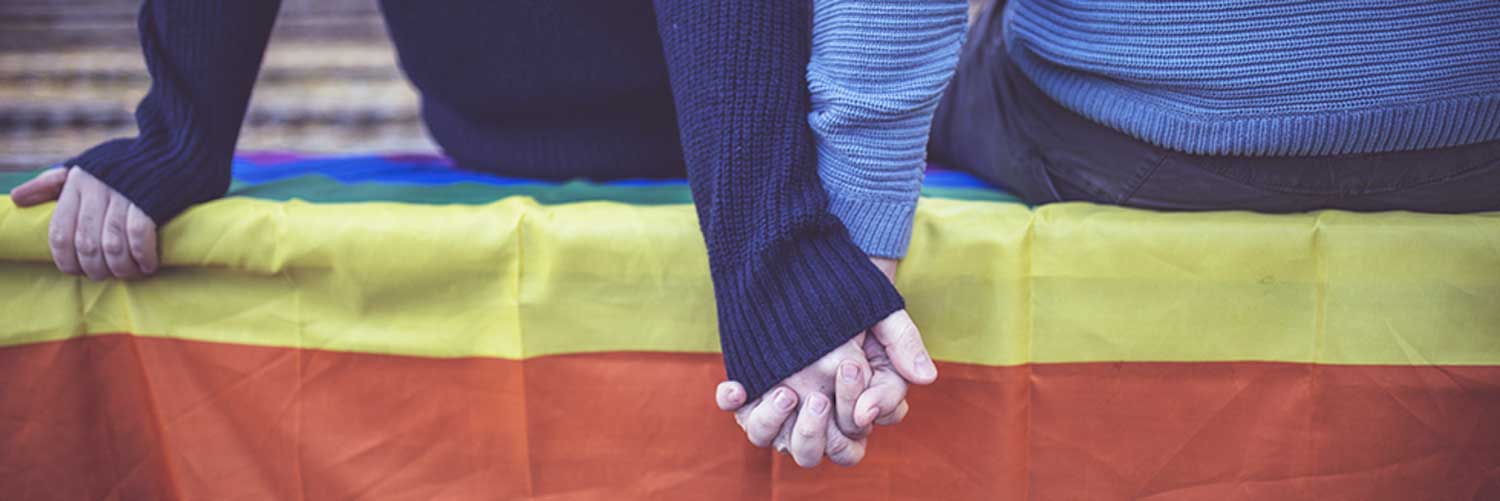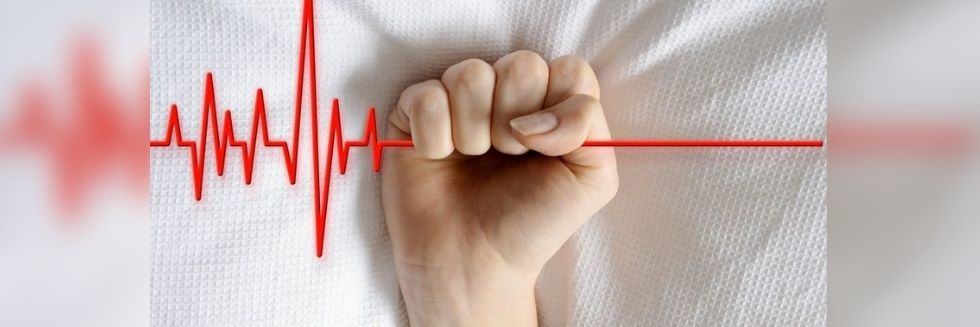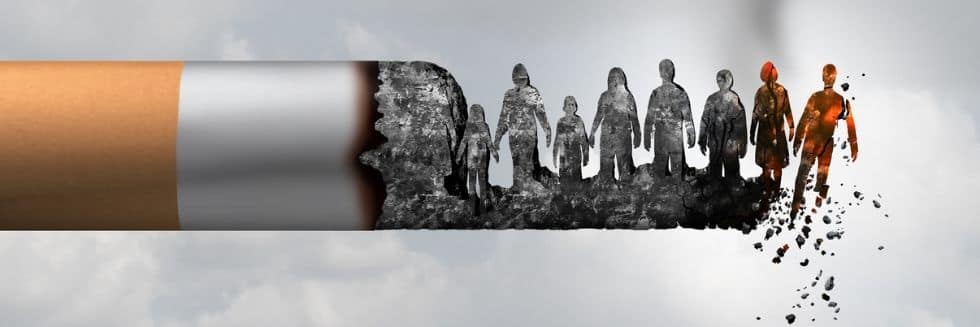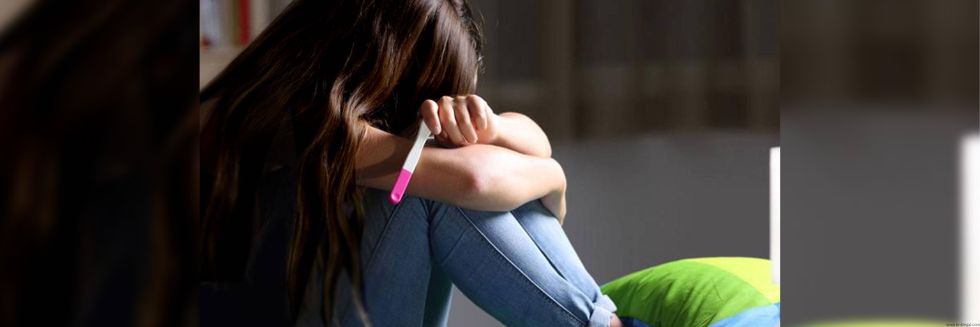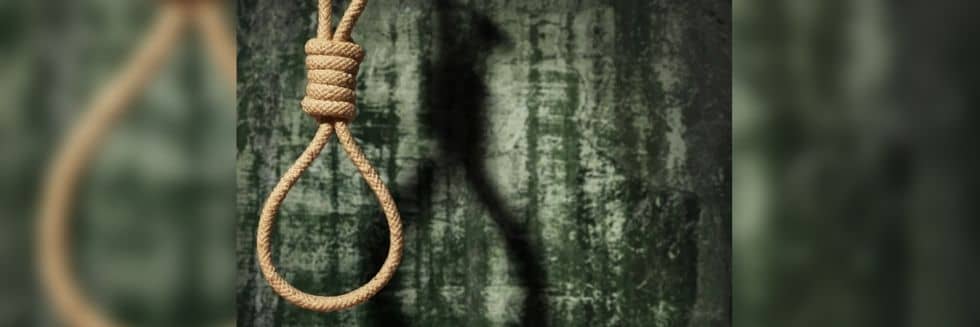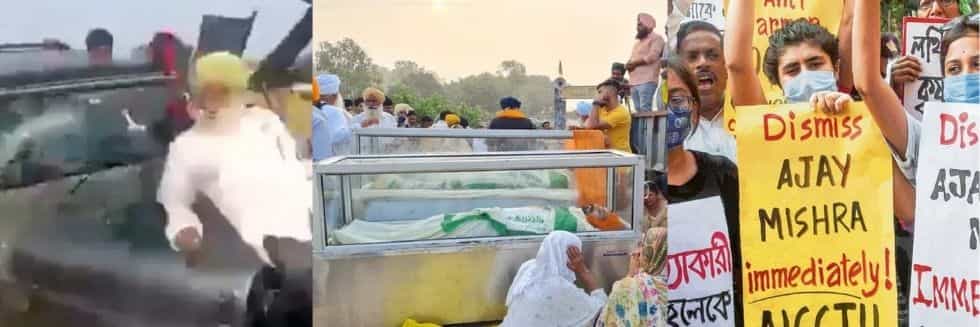With the already existing issue of overcrowding, delay in trials, corruption, custodian rapes and unhealthy living conditions, India also has to grapple with the overwhelming issue of childbirths in the prisons. Recent reports and media coverage have revealed the increasing number of pregnancy cases in prisons.
The attention of the Indian Judiciary was drawn towards the grave situation, and the masses demanded intervention. India lacks proper legislation regarding childbirth in prisons, including the mechanism to prevent such situations and provide proper care and treatment to the mother and child.
The hostile environment of prisons is not suitable for newborn children or pregnant women. The issue of childbirth in prisons raises ethical, legal, and societal concerns. It presents a complex interplay between the need to uphold security within the prison and the fundamental rights of pregnant woman and their children. The article dives into the prevalent situation, examining its contributing factors and proposing possible solutions.
LACK OF STUDY AND DOCUMENTATION
The exact number of childbirths in prisons is not accounted for due to poor documentation and record keeping. The data around the issue is not readily available; recent media coverage and reports have highlighted the plight of mothers and their children in the prisons. The lack of comprehensive data collection and reporting mechanisms is also a concerning factor, as these incidents are common, particularly in states with a high number of female prisoners.
For instance, a hundred and ninety-six childbirths have been reported in prisons of West Bengal over four years. However, the report has not specified how these women got pregnant or the timeframe of the pregnancies.
CURRENT SITUATION
In most cases, the women are pregnant during the time of arrest. While conjugal visits and potential vulnerabilities within the prison system cannot be ruled out. The reasons behind pregnancies within the prison complex require proper investigation. Pre-trial delays and lack of access to family planning services before arrest fuel the chances of childbirth in prison.
The more important question arises: should women be allowed to give birth in a hostile prison environment when it is a fact that the prison lacks basic medical infrastructure?
In Joginder Kumar v. State of U.P., [1] a three-judge bench of the Supreme Court held the following,
[9]. A realistic approach should be made in this direction. The law of arrest is one of balancing individual rights, liberties and privileges on the one hand and individual duties, obligations and responsibilities on the other; of weighing and balancing the rights, liberties and privileges of the single individual and those of individuals collectively; of simply deciding what is wanted and where to put the weight and the emphasis; of deciding which comes first – the criminal or society, the law violator or the law abider; of meeting the challenge which Mr. Justice Cardozo so forthrightly met when he wrestled with a similar task of balancing individual rights against society’s rights and wisely held that the exclusion rule was bad law, that society came first, and that the criminal should not go free because the constable blundered.
The prisoner can be provided temporary release/parole to give her delivery outside the prison. Minor and casual offenders can be provided with suspended sentences. However, exceptional cases or cases with high-security risks should be denied such options.
In Tin Sei Minthang Touthang v. Officer-in-Charge, Moirang Police Station, Manipur, Manipur High Court [2] granted bail to a pregnant woman carrying seven months pregnancy, despite accusations of involvement in a huge quantity of opium, but had no bad antecedents.
In Rekha v. State of Karnataka, [3] decided on 29.01.2021, in a case for causing the death of five persons, the Karnataka High Court granted bail to a woman because there were no allegations against her of overt acts and also because she was pregnant.
PRENATAL CARE IN THE PRISON
There’s no access to family or proper hospital visits within the prison. Inadequate prenatal care facilities pose a great risk to the health of mother and child. This can lead to complications in pregnancy and childbirth, impacting the health of both mother and child. Overcrowded and unsanitary conditions within prisons increase the chances of infection and other complications.
Moreover, the absence of family, proper childcare facilities and adequate support systems within prisons negatively affects the emotional and developmental well-being of the children. In most cases, the families abandon the child and mother. A buddy system among inmates was introduced in the prisons to support the mother and child.
GUIDELINES
In the case of R.D. Upadhyay v. State of A.P. (2007), [4] the Supreme Court laid guidelines for children living in prisons with their mothers. The child shall not be treated as an undertrial prisoner or convict. The jail authorities must ensure that the prison premises have adequate facilities for child delivery and for providing pre-and post-natal care before sending the pregnant lady to jail. The lady medical officer shall report the pregnancy to the superintendent.
The prisoner should be medically examined at the female wing of any District Government Hospital as soon as possible. Later, the report should be sent to the Inspector General of Prisons, including the date of admission, term of imprisonment, date of release, duration of pregnancy, possible date of pregnancy, etc., to ensure proper documentation.
The children in prison should be provided adequate clothing, food that satisfies their nutritional requirements and caloric intake according to their age, separate utensils of suitable size and material, clean drinking water, and regular medical examinations. A lady medical officer should regularly monitor the child’s health, and timely vaccinations should also be administered. The prison authorities should ensure that education and recreational opportunities are provided to the child while their mothers work there. The court also suggested that a creche should be built outside the prison for children under three and a nursery for children between three and six. Proper biological, psychological, and social growth care should be kept.
The Supreme Court has also stated in the guidelines that the mother should have the right to say No to Motherhood. She should be provided with proper medical assistance and support in case she wants to abort the child. Once a woman steps into the confinement, the state and judiciary should not take over her bodily autonomy. Courts must restore women’s due and sacrosanct freedom in motherhood pro tanto.
The female prisoners are allowed to keep the children with them until they reach the age of six. Afterwards, the child can be handed over to a suitable surrogate or sent to the institutions run by the Social Welfare Departments. However, the child should not be transferred to an institution outside the town or city where the prison is located. The children are kept in protective custody until the mother is released or they attain the age to earn their livelihood. The identity attached to giving birth in prison remains attached to the person, presenting a serious social dilemma for them. Mothers face issues getting the birth certificates of their children altered since they bear the address of the prisons as the place of birth.
CONSTITUTIONAL FRAMEWORK
Article 15 prohibits discrimination based on religion, caste, race, sex or place of birth. Yet, the children born in prisons face difficulties throughout their lives without any fault of theirs. Children without any fault of theirs languish in jails with their mothers in the formative years of their lives. The state can make special provisions for women and children under Article 15 (3). Article 21 provides the right to life, and Article 21-A provides free and compulsory education for all children from six to fourteen years of age. Article 14 ensures the right to equality, and the state can never deprive any person of the equal right to opportunities.
Article 23 prohibits trafficking in human beings and forced labour. Article 39 (e) directs that the health and strength of women and the tender age of children should not be abused, and citizens should not be forced by economic necessities to enter avocations unsuited to their age or strength. Childhood and youth should be protected against exploitation and moral and material abandonment.
MENTAL HEALTH
Pregnancies among women in prison, in addition to being complicated by the aforementioned risk factors, are more likely to be complicated by mental illness, substance use disorders, and personality disorders. Studies discussed here, all of which are ongoing, indicate that pregnant women’s psychological health may have consequences for foetal neurobehavioral development and, consequently, child outcomes. These findings underscore the importance of considering the effects of women’s mental health on child development during the prenatal as well the postnatal periods.
The pregnant prisoners often attempt to conceal their pregnancies to avoid attention or threat of violence by other inmates. The stress of masking the pregnancy affects the pregnant mother and the child. [5] Moreover, the reports also suggest instances of non-consensual sexual activity within prisons, which raises concerns about exploitation and abuse of power. The stress and negative impact of such instances triggers trauma among the inmates. The lack of sense of security and the inability to act against such people negatively hampers a person’s mental state. The courts, in recent judgements, have emphasised that male workers, staff and officials should not be allowed entry into women’s cells or prisons.
CONCLUSION
Tackling childbirth in prison requires a multifaceted approach. The medical support system, qualified staff, proper equipment, and adequate facilities are crucial for ensuring quality prenatal care for pregnant women in prisons. Implementing dedicated childcare facilities within prisons, staffed by qualified personnel, can provide crucial support for mothers.
Reviewing and revising existing legal frameworks and prison policies to ensure compliance with international human rights standards and address the specific needs of pregnant women and children are essential. The root cause of unwanted pregnancies should be addressed, and a more humane approach should be adopted towards such cases. Monitoring and continuous evaluation are paramount for a better and more effective mechanism.
Moreover, before sending undertrial prisoners or convicts to jail, pregnancy status should be ensured. Schemes and laws relating to the welfare and development of children and women should be applied to such children. The State Legal Services Authority should regularly inspect jails to monitor the implementation of various guidelines, laws, and regulations given by the courts.
Additionally, India requires strong legislative changes to secure the welfare of mothers and children born in prisons. The fate of such children should not be left to the whims of chance. Rather, proper mechanisms should be ensured to prevent pregnancy in prison in the first instance and to ensure the proper development of the child in case of birth during the sentence.
_________________________________________________________________________________________________________
[1] Joginder Kumar v. State of U.P., (1994) 4 SCC 260
[2] Tin Sei Minthang Touthang v. Officer-in-Charge, Moirang Police Station, Manipur, 2021 Cri LJ 19
[3] Rekha v. State of Karnataka, Cr. Pet No. 200107 of 2021
[4] R.D. Upadhyay v. State of A.P., (2007) 15 SCC 337
[5] Monika v. State of H.P., 2021 SCC OnLine HP 5243
_________________________________________________________________________________________________________
This article was written and submitted by Rupali Manjaharia during her course of internship at B&B Associates LLP. Rupali is a 3rd-year B.A.LL.B (Hons.) student at NLU, Shimla.
